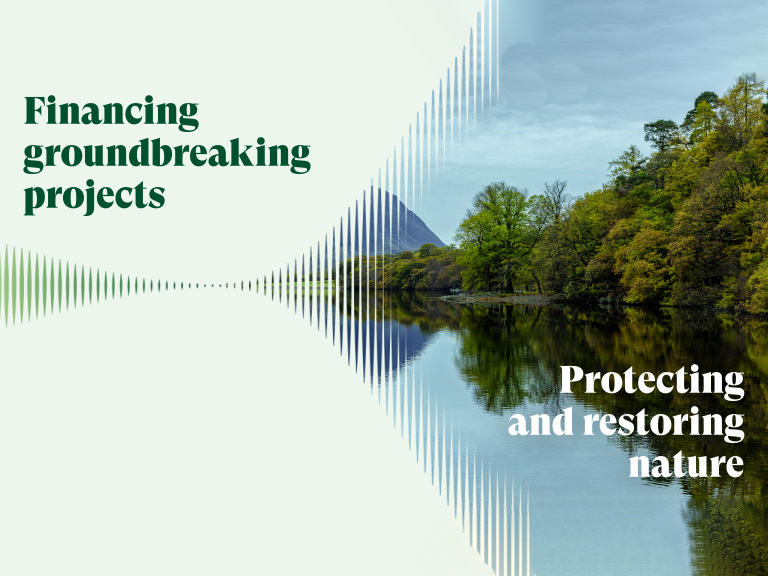
Businesses have woken up to net zero
There is growing momentum behind taking ambitious climate action but tangible progress is needed soon, says Ian Stuart, CEO of HSBC UK.
I was privileged to give the closing remarks at this year’s Climate Innovation Forum during London Climate Action Week (LCAW), which provided a window into business’s attitudes on topics from sustainable finance to global climate policy and biodiversity.
One message came through clearly – commerce is more committed than ever to the transition to net zero emissions.
As HSBC Group Chief Executive Noel Quinn detailed in conversation with Mark Carney at the forum, we’ve seen a sea-change in business attitudes towards net zero over the past year.
There is now a growing realisation that we’re reaching a point of no return on climate. Carbon-intensive business practices can’t continue for long. To allow them to do so would put economic growth and social cohesion at greater and greater risk.
There are obviously concerns over the huge transition challenges ahead, but more and more firms are keen to get started.
As part of our ambition to support our customers in their transition to net zero and a sustainable future, we aim to provide and facilitate $750bn to $1tn of sustainable finance and investments by 2030.
Investment is key. The easiest way for HSBC to become a net zero bank would be to step away from heavy-emitting clients. But we think that would be the wrong move. It would damage economic growth, hurt many of the communities we exist to serve, and, crucially, mean we couldn’t help those customers to reduce their emissions.
The best way forward is to provide all our clients with the means to make their transition as swiftly and as fairly as possible.
We also want to expand the range of sustainable financing products we offer. Marine de Bazelaire, HSBC’s Head of Sustainability for Continental Europe, led a fantastic panel focusing on the importance of using financial innovation to protect biodiversity.
We’ve already made a great start on this through HSBC Pollination Climate Asset Management, which will establish a series of ‘natural capital’ funds to preserve vital ecosystems.
Of course, over the last year many of our clients have been focused on basic survival. The COVID-19 pandemic has dealt huge disruption to existing business models, especially for small and medium enterprises (SMEs).
But we mustn’t view this disruption as an excuse to put climate change on the backburner. We’ve been presented with a perfect opportunity to reshape business norms, and to build a greener, more sustainable recovery.
LCAW has added to the momentum for change in the business community, among firms large and small. With COP26 just around the corner, what we need now is tangible progress on transition – more investment, more innovation, new technologies and smart government policy. We can’t let this moment slip.

